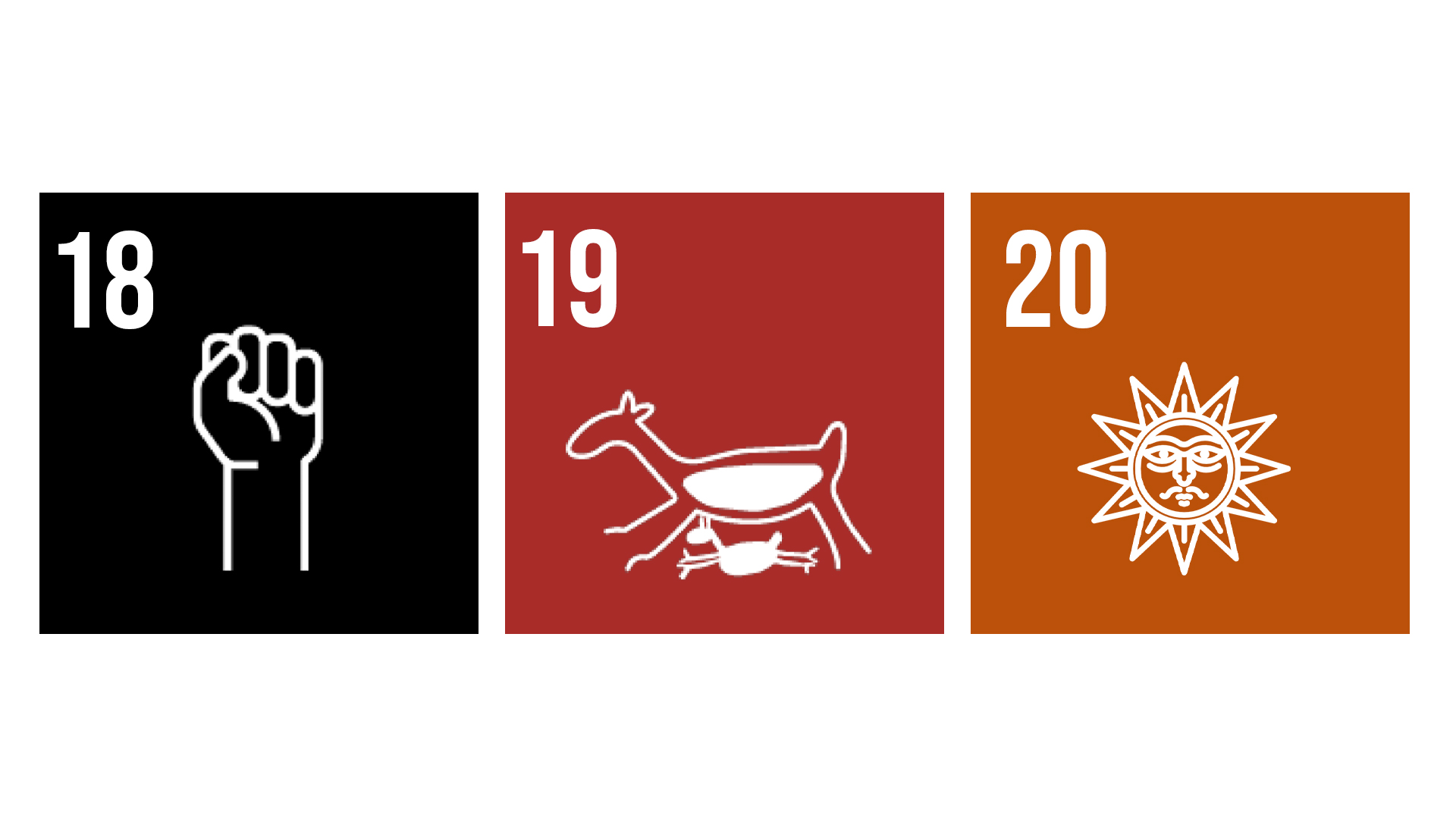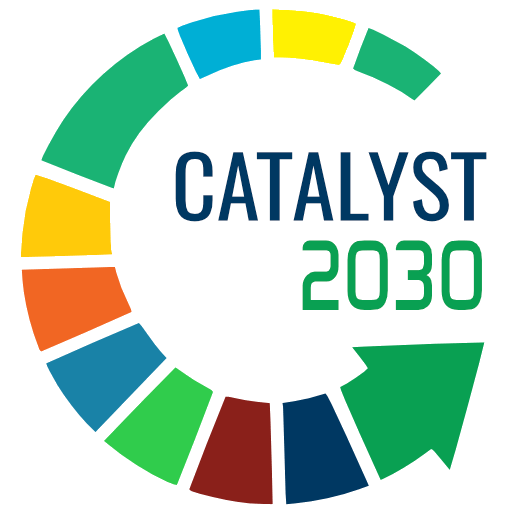
Did you know that there are now 20 Sustainable Development Goals (SDGs) in action in Brazil? The new SDGs concern racial equality, art, culture, and communication, and native and traditional peoples. For this reason, they really do have a connection with our country, which is so socio-biodiverse, and also with Raízes’ work.
The proposal was announced by the country’s current president, Luiz Inácio Lula da Silva, during the 78th Session of the United Nations General Assembly, which took place in September in New York, United States. The theme of the meeting was “Rebuilding trust and rekindling global solidarity: accelerating action on the 2030 Agenda and its SDGs towards peace, prosperity, progress, and sustainability for all people”.
According to the United Nations (UN) – which conceived the goals as a global call to action to end poverty, protect the environment and the climate, and ensure that people everywhere can enjoy peace and prosperity – each country can adapt the goals to its reality. For this reason, they have been proposed for action on national territory.
Find out more about each of them below and how they connect with our social business:
SDG 18 – Racial equality
SDG 18 aims to promote racial equality by tackling all types of racism, demonstrating the importance of addressing racism within the Sustainable Development Goals of the 2030 Agenda. The issue is linked to the other SDGs, implying that the success of the Agenda depends on essential progress in this regard.
Here at Raízes we learn daily how to combat racism by giving visibility and a voice to non-white people, participating in training, and developing actions linked to advancing the agenda in Brazil.
SDG 19 – Art, Culture and Communication
SDG 19 aims to ensure cultural plurality and freedom, the democratization of art, and inclusive communication for all. This SDG analyses the social impact of artistic movements, both individual and collective, in mobilizing different social groups and new perceptions of the world. For the Agenda 2030 Guide: Art, as a mechanism for social criticism, goes beyond political, economic, cultural, scientific, racial, gender, and class boundaries, and is one of the essential elements in consolidating communication for peace and a culture of diversity and sustainability.
Both communication and art are linked to human cultural practices, and we believe that much of our content is aimed directly at this goal, to democratize and disseminate knowledge.
SDG 20 – Original Peoples and Traditional Communities
Sustainable Development Goal 20 guarantees the rights and promotes the culture of Indigenous peoples and traditional communities to highlight the need for cultural preservation; including valuing ancestry and traditional knowledge, and guaranteeing the rights of indigenous peoples, quilombola communities, riverside communities, geraizeiras, extractivists, terreiros and forest peoples and other population groups with historical importance.
The knowledge of indigenous peoples and traditional communities is present in the culture of Brazilian society and is also part of our daily lives. We work directly with the development of socio-biodiversity and seek to contribute to traditional communities, including supporting the development of ethno-tourism, a practice directly linked to native peoples.
We already work in synergy with SDG 5 (gender equality), SDG 8 (fair work), and SDG 10 (reducing inequalities), and we are also always looking at SDG 2 (ending hunger) and SDG 3 (responsible consumption and production), as we also consider them to be very important. We now believe that goals 18, 19 and 20 can add even more strength to the country and to the success of the 2030 Agenda.
What about you? What do you think of the new SDGs in Brazil?
You can find more information about them in the Agenda 2030 Guide, which is part of the project “Unesp 2020: Integrating Science, diversity, and a Culture of non-violence on the Bauru-SP campus”
funded by the Unesp/Santander Agreement in partnership between São Paulo State University and the University of Brasilia.

